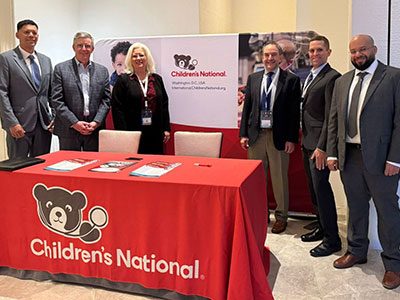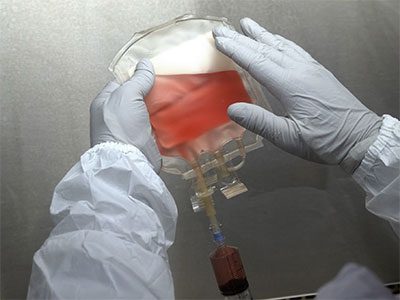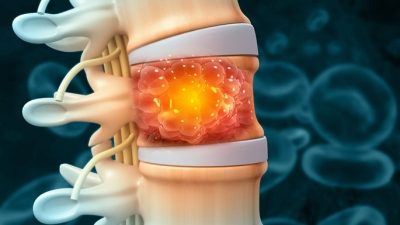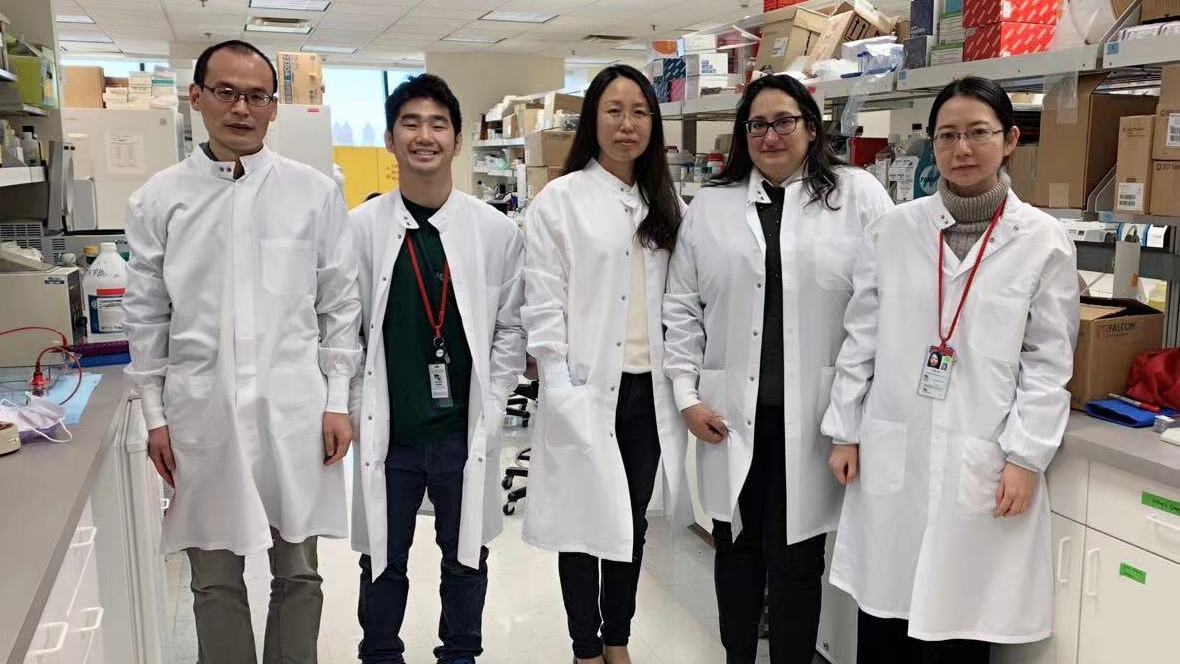Brain Tumor Institute

The Brain Tumor Institute at Children’s National Hospital is home to internationally recognized experts dedicated to providing your child with a better quality of life after a brain tumor diagnosis.
Brain tumors are abnormal growths that disrupt the normal functioning of your child's brain and nervous system. These tumors are especially challenging in children because their brains are still developing, putting them at risk for lifelong complications.
Our researchers are pushing the scientific boundaries of pediatric brain tumor care, providing the latest, most promising diagnosis and treatment options to our patients. Our research has been recognized around the world.
Affiliated Labs
Brain tumors are now contributing to the most cancer-related deaths in children. One of the deadliest tumors we face within pediatric neuro-oncology are diffuse midline gliomas (DMG). Most DMGs occur in the pons and are referred to as diffuse intrinsic pontine glioma (DIPG). Over 2,000 children and young adults are diagnosed with these tumors in the United States and Europe annually. Decades of research and clinical trials have not achieved any improvement in the clinical outcome for these patients and most die within a year from their initial diagnosis. Applying genomic-based technologies, teams of researchers within the BTI have made great progress in shedding light on the underlying molecular alterations of these tumors and today have a much better understanding that DMGs represent heterogeneous groups of tumors that require further stratification when developing new therapies.

Children with cancer predisposition syndromes, such as neurofibromatosis type 1 (NF1), are at greater risk for developing brain and other types of tumors. Although these tumors are often benign, some children require multiple treatment courses, and other children and young adults will have high-grade tumors that are much more difficult to treat. In order to gain a better understanding of the risk factors that are present in patients with more aggressive tumors, our lab is working to identify molecular and environmental/biological changes within the tumor and plasma that occur as tumors transition from low to high grade in patients with NF1.
The BTI team at Children’s National Research Institute is involved in conducting studies toward understanding mutations that drive tumors and the genomic landscape that can help to guide development of novel mechanisms for targeted therapies. The research knowledge from the BTI comes as a direct result of parents donating specimens, judicious shepherding of these scarce resources by researchers, molecular characterization of tumors and development of preclinical models.
The BTI is an active partner in national and international entities, including:
- Center of Excellence: Gift from A Child
- PNOC DMG-ACT preclinical group
- Member of Children’s Brain Tumor Network (CBTN)
- Lead in University Children's Hospital Zurich DIPG/DMG Research Center
- Liquid Biopsy as a screening tool for diagnosis and response to therapy for pediatric brain tumors
- Preclinical modeling and testing pharmacological therapies for targeting molecular drivers of tumor transformation in NF1 mutated gliomas
Related News
-

Evolving curative therapies for pediatric non-malignant disorders
February 13, 2026 -

In the News: Why this clinical trial is offering some young cancer patients hope
January 09, 2026 -

New insights into genetics of childhood brain and spinal tumors
November 25, 2025




